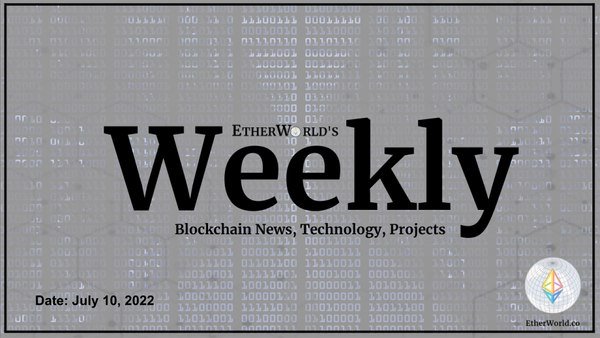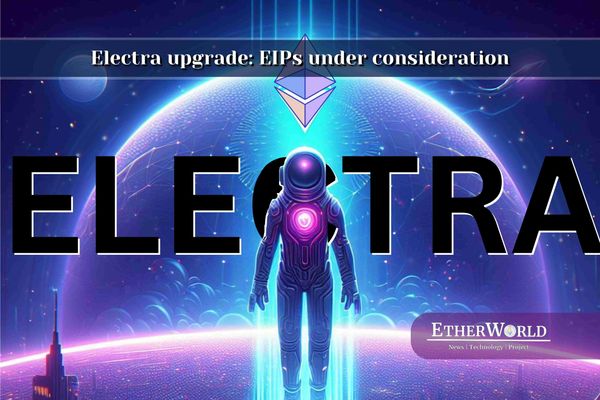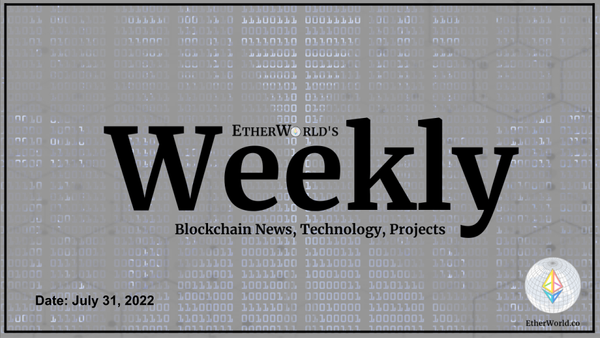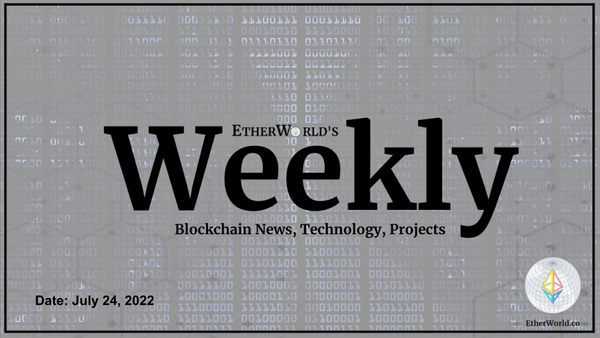In a recent post, Ethereum co-founder Vitalik Buterin delves into the intricacies of Ethereum's staking model, offering novel solutions to address the current challenges and promote further decentralization. Buterin's insights center on the emergence of a two-tiered staking ecosystem and the need for a more meaningful role for delegators. His proposals aim to enhance network security, empower users, and optimize the consensus layer's efficiency.
Two-Tiered Staking Emerges
Buterin begins by highlighting the prevailing two-tiered staking system in Ethereum. In this system, participants fall into two categories:
-
Node operators: These individuals run staking nodes, staking their reputation or a fixed amount of their capital as collateral.
-
Delegators: Delegators provide ETH as collateral, without strict commitments or active participation, beyond securing their collateral.
The emergence of this two-tiered staking system is largely driven by the popularity of staking pools like Lido and RocketPool, which offer Liquid Staking Tokens (LSTs).
Current Flaws
However, this system has notable flaws:
-
Centralization Risk: The process of choosing node operators in existing staking pools lacks decentralization, raising centralization concerns.
-
Consensus Layer Overload: Ethereum's consensus layer verifies a significant number of signatures per epoch, which could increase further with single-slot finality. Given the substantial use of liquid staking, Ethereum isn't fully benefiting from this load. Buterin suggests that if decentralization and security can be maintained without requiring each staker to sign off in every slot, the number of per-slot signatures could be drastically reduced.

Proposed Solutions
Buterin presents innovative solutions to address these issues:
Enhanced Delegation Selection:
- Better voting tools within pools.
- Encourage more competition between pools.
- Enshrine delegation powers at the protocol level, allowing stakers to have a say in consensus decisions.
- Consensus Participation:
Introduce a two-tiered staking system, where a higher-complexity tier handles most of the work while a lower-complexity tier occasionally participates.
The lower-complexity tier could be exempt from slashing or subject to random slashing risk.
- Concrete Implementation Ideas:
Validators could specify two staking keys, one persistent and one quick, with nodes tracking the fork choice of messages from both keys.
Alternatively, quick keys could be used in-protocol to sign and verify inclusion lists in blocks.
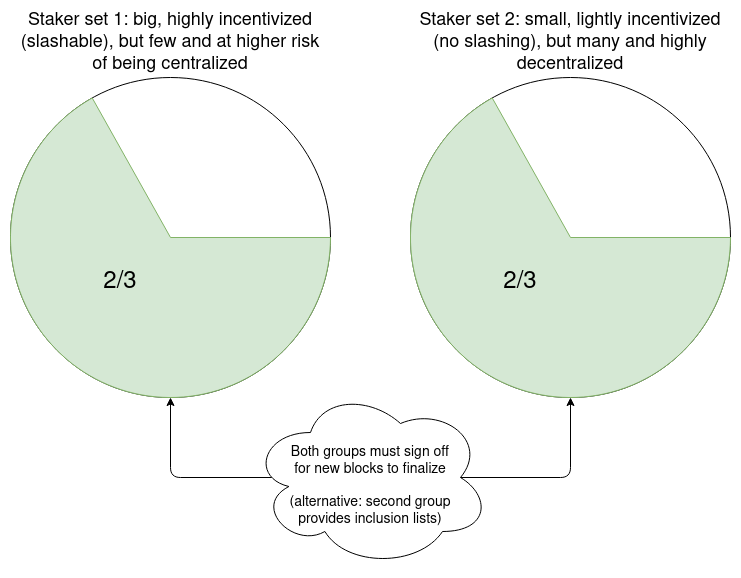
Benefits of These Solutions
Vitalik's proposals offer several benefits:
-
Empowering Users: Users who lack the resources or technical expertise to solo-stake can actively participate in staking, maintain control over their choices, and influence network consensus.
-
Reducing Signature Load: By reducing the number of required signatures in Ethereum's consensus layer, these proposals enhance network scalability and decentralization.
-
Network Security: Delegation becomes more meaningful, preventing node operators from engaging in censorship or finality reversion.
Buterin emphasizes the importance of carefully considering the layers of abstraction where these solutions can be implemented, ranging from staking pool protocols to in-protocol enshrinement. The goal is to strike a balance between protocol complexity and achieving desired improvements.
These innovative ideas from Ethereum's co-founder open new avenues for enhancing the staking ecosystem, making it more inclusive, secure, and efficient for all participants. Ethereum's continued evolution remains a subject of great interest in the crypto community, as these proposals seek to address fundamental issues and drive the network towards a more decentralized and resilient future.
Related Articles
- Staking Revolution: stETH Gains Momentum as Ethereum’s Reserve Currency
- JP Morgan Looks to Crypto’s Future with Optimism
- Dencun: Unveiling the Upcoming Network Upgrade with Finalized Specifications
- EIP-4844 Devnet-5 Testing Preparation & Progress
- Mitigating Ethereum Chain re-org scenario with Deneb Upgrade
Related Videos
- What is DeFi?
- Proof of Stake
- SELFDESTRUCT in Smart Contract: Use Cases
- ETH Withdrawals: Everything You Need to Know
- Ethereum Transaction Lifecycle
Latest Articles
- Staking Revolution: stETH Gains Momentum as Ethereum’s Reserve Currency
- Huobi Recovers $8M in Stolen Ethereum by Incentivizing a Hacker with a Bounty Program
- UAE Dirham-Backed Stablecoin DRAM is now available on Uniswap and PancakeSwap
- Optimism Network's Fault-Proof Testnet Advances Decentralization Goals
- Legal Battle Emerges for Binance.US and CEO
Disclaimer: The information contained in this website is for general informational purposes only. The content provided on this website, including articles, blog posts, opinions, and analysis related to blockchain technology and cryptocurrencies, is not intended as financial or investment advice. The website and its content should not be relied upon for making financial decisions. Read full disclaimer and privacy Policy.
For Press Releases, project updates and guest posts publishing with us, email to contact@etherworld.co.
Subscribe to EtherWorld YouTube channel for ELI5 content.
Share if you like the content. Donate at avarch.eth or Gitcoin
You've something to share with the blockchain community, join us on Discord!



